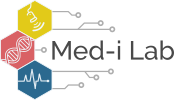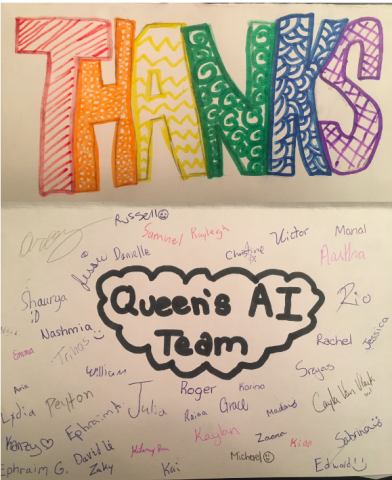Advanced Ultrasound Imaging and Interventional Photoacoustic Surgical Systems
In recent years, the use of imaging to make immediate clinical and interventional decisions has grown in both sophistication and adoption. Ultrasound is an ideal imaging technology for such purposes, from the perspectives of cost, mobility, and patient radiation exposure. However, ultrasound scan acquisition remains primarily manual, subject to the skill of a particular physician or ultrasound technician, and time consuming. Additional challenges exist in the use of ultrasound to guide surgical or interventional procedures, including system integration, setup complexity and calibration, precise tracking, and real-time monitoring of a procedure’s outcome. To address these challenges we have developed a collection of novel tracking and ultrasound imaging technologies and integrated these in prototype systems.
In this talk, we will introduce multiple system embodiments that involve robotics, tracking, ultrasound image processing, elasticity monitoring, and photoacoustic imaging. The underlying themes in these systems are (1) simultaneous tracking of interventional tools and the surgical scene with respect to the US images and (2) monitoring physiological changes, specifically tissue coagulation, throughout the procedure. For the first theme, the talk will include a description of a novel photoacoustic-based surgical tracking system applied to laparoscopic procedures. Also, we will describe a new vision-based ultrasound tracking system applied to biopsy and percutaneous procedures. With respect to the second theme, we will present a precisely-shaped acoustic ablation system under elasticity and 3DUS image guidance. In addition, a new photoacoustic-based brachytherapy imaging system will be introduced.
Emad Boctor completed B.Sc. and M.Sc. degrees in Biomedical Engineering from Cairo University, Egypt, in 1995 and 1998. He also earned an MSCS degree in Engineering Mathematics and Computer Science from University of Louisville, Kentucky in 2000. He then received Master’s and Doctoral degrees in 2004 and 2006 from the Computer Science Department of Johns Hopkins University. In 2007, he joined The Russell H. Morgan Department of Radiology and Radiological Science at the Johns Hopkins Medical Institute, where he initiated a research program in the field of advanced interventional ultrasound imaging. Dr. Boctor’s research focuses on image-guided therapy and surgery, a subject in which he has authored and co-authored over 35 peer-reviewed manuscripts, has filed more than 15 pending and issued patents, and has been recognized with numerous awards and fellowships. Dr. Boctor is an Engineering Research Center investigator, and holds a primary appointment as Assistant Professor in the Department of Radiology and a secondary appointment in both the Computer Science and Electrical Engineering departments at Johns Hopkins. He is an active member of IEEE, SPIE, and the Medical Image Computing and Computer Assisted Interventions (MICCAI) societies and has been a scientific reviewer for many prestigious journals and conferences.

